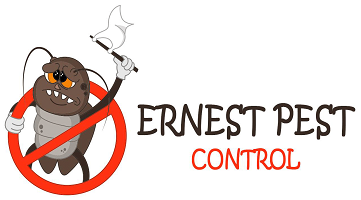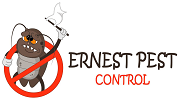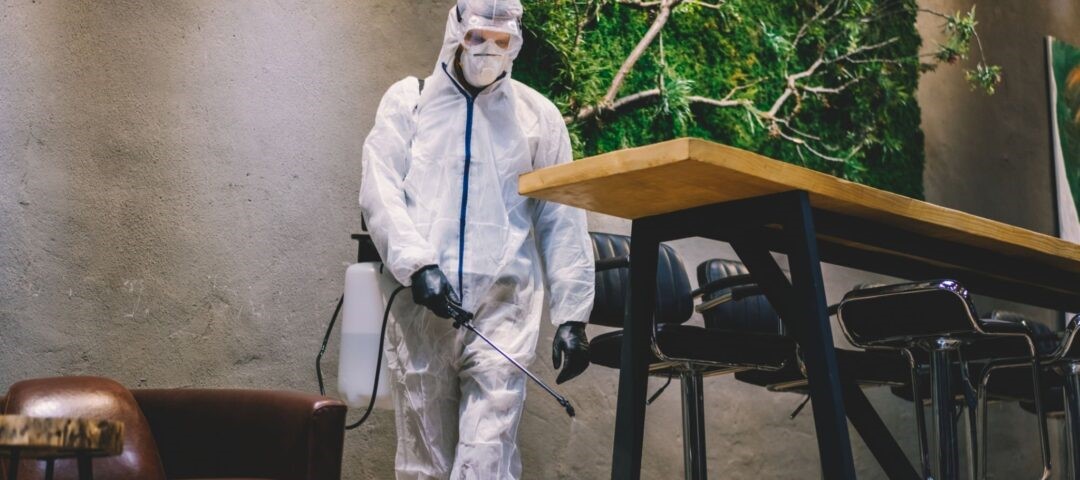Commercial pest control is specifically tailored to meet the unique needs of businesses and industries. It emphasises comprehensive and sustainable pest management strategies:
Integrated Pest Management (IPM): Integrated Pest Management (IPM) is a holistic approach to pest control that focuses on preventing pests from entering your business in the first place. It also involves using a variety of control methods, including biological, cultural, and mechanical, to reduce the reliance on pesticides.
The key principles of IPM are:
- Prevention: This involves taking steps to make your property less attractive to pests, such as sealing cracks and holes, removing food and water sources, and practicing good sanitation.
- Monitoring: This involves regularly inspecting your property for signs of pests. This will help you to find and address pest problems early on, before they become more serious.
- Action thresholds: This is the level of pest activity at which control measures are necessary. Action thresholds are based on the type of pest, the damage it can cause, and the tolerance of the occupants of the property.
- Integrated control: This involves using a variety of control methods to manage pests, including biological, cultural, and mechanical methods. Pesticides are only used as a last resort, and only when they are necessary to prevent significant damage or protect human health.
IPM has several benefits, including:
- Reduced reliance on pesticides: IPM can help to reduce the number of pesticides used, which can protect human health and the environment.
- More effective pest control: IPM is often more effective than traditional pest control methods because it addresses the root causes of pest problems.
- Cost savings: IPM can save money in the long run by reducing the need for repeated pesticide treatments.
IPM can be used to control a wide variety of pests, including insects, rodents, and weeds. It is commonly used in agriculture, but it can also be used in homes, businesses, and other settings.
If you are looking for a more sustainable and effective way to control pests, consider using IPM.
Regular Inspections: Routine expectations can solve a pest problem for commercial property managers in several ways. First, they can help to find and address pest problems early on before they become more serious and expensive to control. Second, they can help to prevent pests from entering the property in the first place. Third, they can help to ensure that pest control measures are implemented effectively and consistently.
Here are some specific examples of routine expectations that can help to solve pest problems for commercial property managers:
Regular inspections: Commercial property managers should inspect their properties on a regular basis for signs of pests, such as droppings, nests, and damage. This will help them to find and address pest problems early on before they become more serious and expensive to control.
Food and water sanitation: Pests are attracted to food and water sources, so it is important to keep commercial properties clean and sanitary. This includes disposing of trash properly, cleaning up spills and leaks at once, and storing food in sealed containers.
Exclusion: Commercial property managers should take steps to prevent pests from entering their properties in the first place. This includes sealing cracks and holes in the building’s exterior, trimming vegetation away from the building, and installing door sweeps and weatherstripping.
Pest control measures: If pests are found in a commercial property, it is important to implement effective pest control measures. This may involve using pesticides, traps, or other methods. Commercial property managers should work with a qualified pest control company to develop a pest control plan that is tailored to the specific needs of their property.
By establishing and enforcing routine expectations, commercial property managers can help to prevent pest problems and keep their properties pest-free. This can save them money in the long run and protect the health and safety of their tenants and employees.
Here are some additional tips for commercial property managers:
Educate your tenants and employees about the importance of pest prevention. Let them know what to look for in terms of pest signs and symptoms, and how to report any problems to you immediately.
Develop a pest control plan and share it with all tenants and employees. The plan should outline the steps that will be taken to prevent and control pests, and who is responsible for each step.
Monitor the effectiveness of your pest control plan and make adjustments as needed. Keep a record of all pest control activities, and review the records regularly to identify any areas where improvement is needed.
By following these tips, commercial property managers can help to ensure that their properties are pest-free and that their tenants and employees are safe.
Fumigation: In some industries, such as agriculture or large-scale food storage, fumigation may be employed to effectively eliminate pests within vast spaces.
We hope this blog helps you to maintain a commercial property pest free.
If you are need of a professional pest controller, we are only a phone call away. We work closely with businesses to tailor their approaches to the unique needs of the commercial space.
We welcome your business and look forward to serving you.





Recent Comments